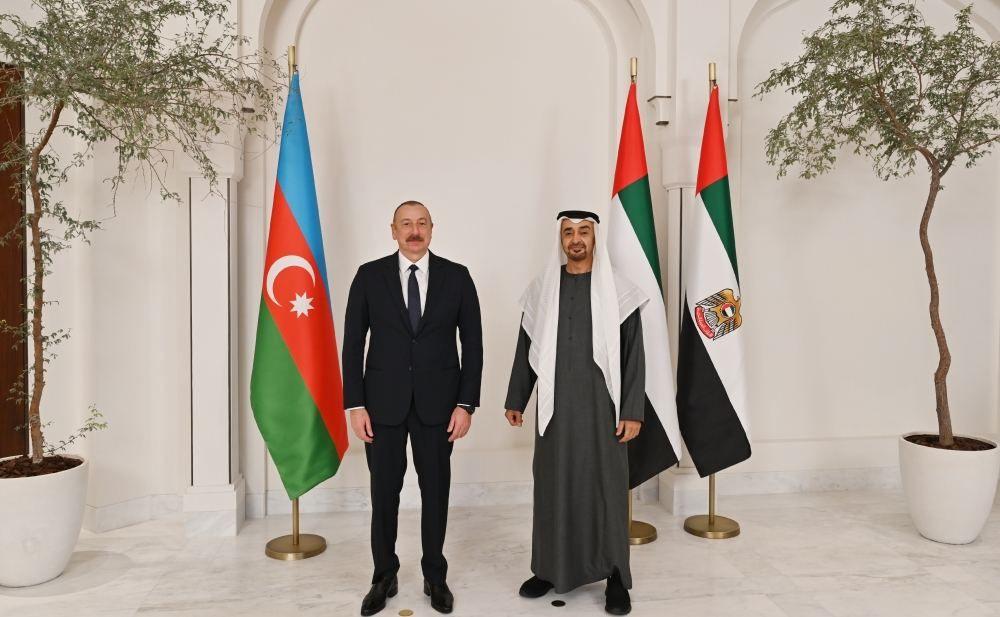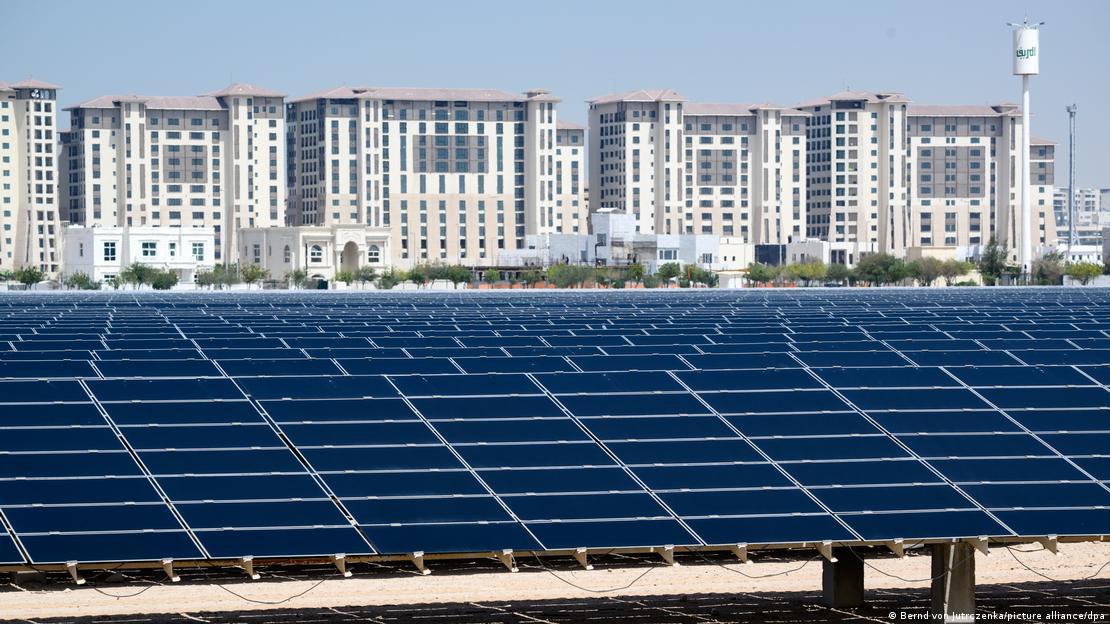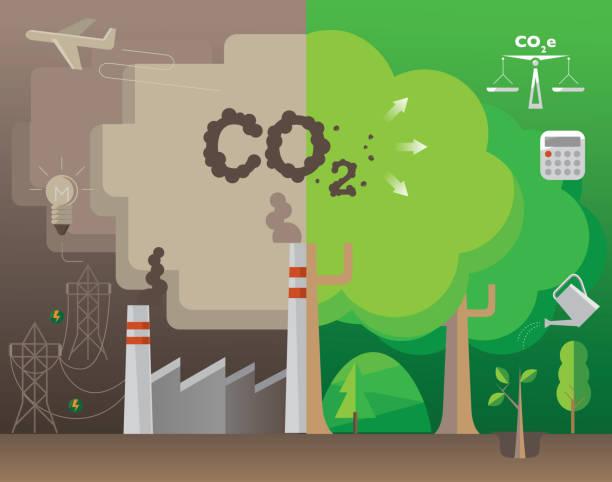Are Gulf states preparing for life after oil? Investment in renewable energy
In the past five years, the energy-rich Gulf states have demonstrated strategic foresight by adopting a new approach, gradually shifting from traditional energy sources to renewable energy sources. For decades, the Gulf monarchies have maintained their position as the world's leading fossil fuel exporters, amassing significant wealth from exports. This period has also seen the Gulf states effectively build soft power, both regionally and globally, often leveraging it as a political tool.
However, the changing global geopolitical landscape and dynamics in the global energy market emboldened the Gulf states to gradually shift their traditional energy strategy by seeking new investment directions beyond the region. Moreover, as urban developments and populations expand across the Gulf region, the electricity demand is growing rapidly, and the region is predicted to need another 100 gigawatts of power over the next decade to meet this demand. Energy consumption in the GCC countries has grown at an average of 6 per cent per year since 2000, outpacing GDP growth (5 per cent) and population growth (4 per cent). At the same time, the value this adds to the economy is significantly below that of developed countries and is decreasing.

For example, domestic demand for electricity and water desalination is already so high that Saudi Arabia must cover half of it by burning crude, despite being the 8th producer of gas in the world. The Gulf countries identified a few investment destinations for renewable energy sources, such as Azerbaijan. According to 2022 data, the Gulf countries are now among Azerbaijan's top investment partners, though reciprocal investment remains low compared to Azerbaijan's other partners. Azerbaijan is also willing to boost its local renewable energy-producing field, and therefore, the United Arab Emirates (UAE) and Saudi Arabia are viable partners.
Since 2020, Azerbaijan-UAE ties have grown more active, and cooperation agreements in strategic areas have been signed as the UAE attempts to expand economic, investment, and energy cooperation with both nations. However, the agreements reached with Azerbaijan were more profitable, particularly in terms of the development of renewable energy resources. As a result, the win-win model benefited both countries.

For the Gulf region, the emphasis on green and renewable energy sources is a viable option that will help Saudi Arabia meet the target of producing 50 per cent of its electricity with renewables by 2030 and the UAE achieve 44 per cent by 2050. For now, however, the UAE and Saudi Arabia sit alongside other Gulf states—Bahrain, Oman, Kuwait, and Qatar—in the 15 worst emitters.
The deployment of renewable energy in the Gulf is a relatively recent development, with installed capacity increasing from 14 megawatts (MW) to 3,498 MW between 2010 and 2021. Despite the region's high levels of solar irradiation, renewable energy currently only contributes a small percentage to the overall energy mix; in the UAE, the region's leader in renewable energy deployment, renewable sources only generated 4 per cent of power in 2020. However, all of the Gulf states have made a firm commitment to increase the share of renewable energy in their power generation capacity, demonstrating their dedication to a sustainable energy future.

The Gulf states are not only eager to invest in and develop renewable sources but also see this as an opportunity to enhance their political leverage and maintain their leading role in the region. With ample exposure to sunlight and wind and vast expanses of unused land, the Gulf states are well-positioned to harness natural resources for sustainable energy. This strategic move not only enhances the global image of the Gulf states, showcasing their commitment to reducing global carbon emissions but also enables them to forge fruitful partnerships with Western countries aiming to transition to green energy sources by 2030. Furthermore, this proactive stance of the Gulf states dispels the notion that wealthy oil states are ill-prepared for a post-fossil fuel era.








